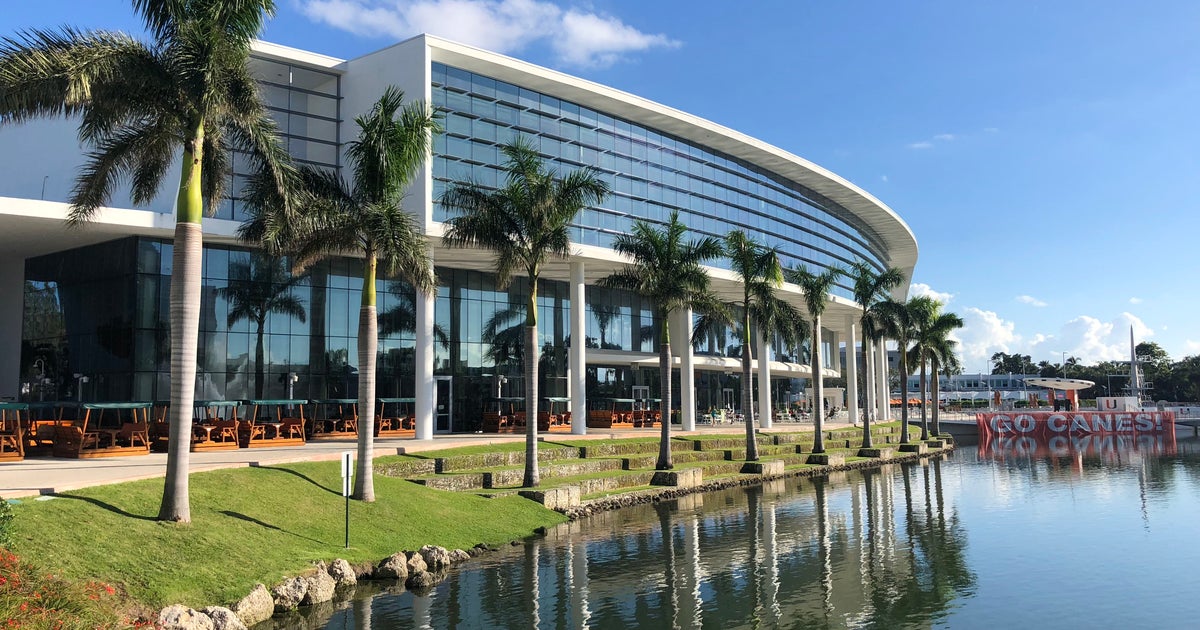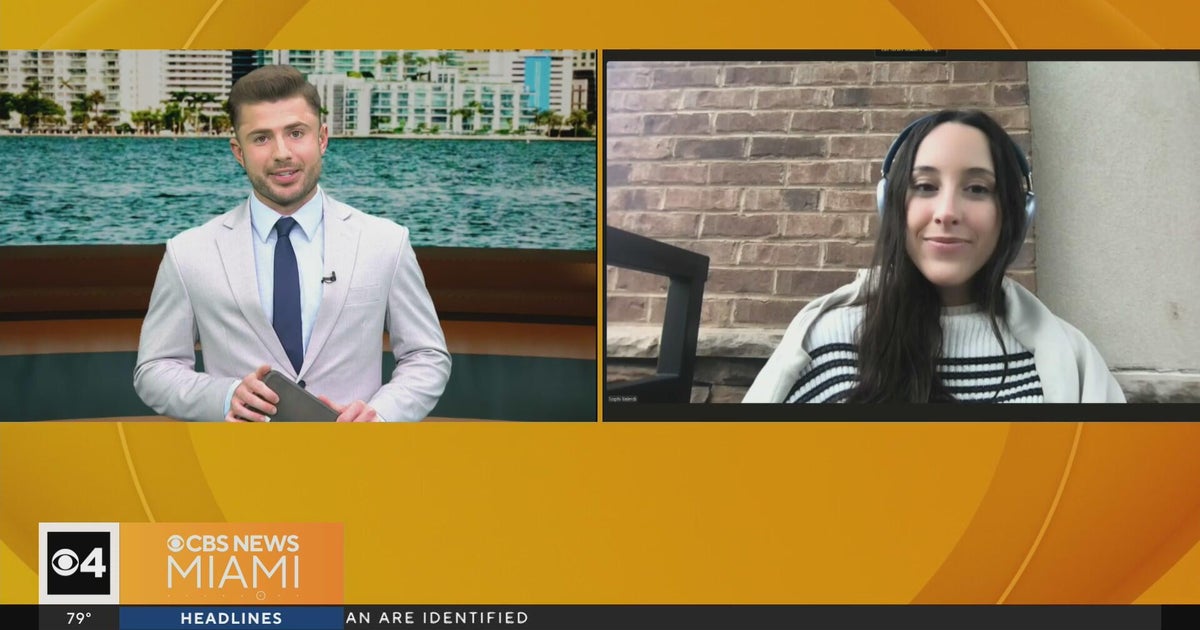TALLAHASSEE – As the Florida Supreme Court prepares to make your mind up a related scenario, a federal appeals courtroom Monday rejected a lawsuit alleging the College of Miami ought to refund funds to learners simply because of a campus shutdown early in the COVID-19 pandemic.
A panel of the 11th U.S. Circuit Court of Appeals upheld a district judge’s ruling that sided with the personal university in a probable course-motion lawsuit filed by college student Adelaide Dixon. The case was a person of quite a few filed in Florida and across the place immediately after college students had been forced to depart campuses and understand remotely in 2020 to try out to avoid spread of the virus.
Dixon’s lawsuit argued, in section, that the College of Miami breached a deal by not offering in-individual learning and access to on-campus facilities. Also, it alleged “unjust enrichment” by the university.
But the three-decide panel pointed to a college student handbook and pupil code of conduct that it claimed authorized the college to change methods and accessibility to amenities.
“We agree that these provisions standing collectively unambiguously give (the College of) Miami the authority to quickly near its campuses in reaction to the COVID-19 pandemic,” mentioned the 17-site determination, composed by Decide Charles Wilson and joined by Judges Kevin Newsom and Britt Grant. “Therefore, even if a agreement did include legal rights to an in-particular person education and learning and access to on-campus amenities, these legal rights have been capable by provisions that permitted Miami to modify its processes and access to its amenities. Consequently, Miami did not breach any arrangement by temporarily transitioning to remote learning.”
In rejecting the unjust-enrichment argument, the courtroom cited March 2020 orders by the Miami-Dade County mayor and Gov. Ron DeSantis that correctly expected closing the Coral Gables campus.
“To begin, we notice that the selection to changeover to distant mastering was mostly out of (the College of) Miami’s hands,” the ruling reported. “Had Miami ongoing to offer in-human being training during the Spring 2020 semester, it would have violated not 1, but two individual govt orders – a single from Miami-Dade County and another from the Florida governor.”
The college did not refund tuition just after it went to remote finding out, but it refunded a part of expenses that include this sort of factors as housing, eating, parking and college student activities. In addition to in search of a tuition refund, the Dixon lawsuit also contended that the fee refunds ought to have been more substantial, according to Monday’s final decision.
The final decision arrived soon after the Florida Supreme Courtroom very last 7 days reported it will just take up a dispute about regardless of whether the College of Florida must return service fees to students because of a 2020 campus shutdown. Lawyers for UF graduate university student Anthony Rojas went to the Supreme Court in January after a divided panel of the 1st District Court of Attraction explained an Alachua County circuit judge really should have dismissed the lawsuit, which targeted on breach-of-deal allegations.
The Supreme Courtroom has not said when it will hear arguments in the University of Florida case.
Condition appeals courts have turned down equivalent lawsuits filed towards Florida Intercontinental University, Florida Atlantic College, Florida A&M College and Miami Dade School.
The Florida Worldwide, Florida Atlantic and Florida A&M choices ended up appealed to the Supreme Court. The court docket, nevertheless, has place those people situations on maintain because of the UF lawsuit.
In the meantime, the 2nd District Courtroom of Attractiveness previous year refused a request by the College of South Florida to dismiss a related likely course-action lawsuit. The Supreme Court on Jan. 5 declined to just take up an charm by USF.
A footnote in a May perhaps conclusion by the 3rd District Court docket of Charm in the Florida Global situation stated the University of South Florida lawsuit “arguably relies on precise – and distinct – documents to determine if an express, composed contract exists.”



